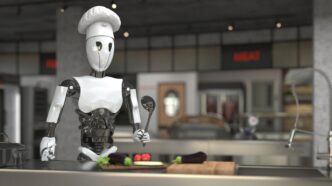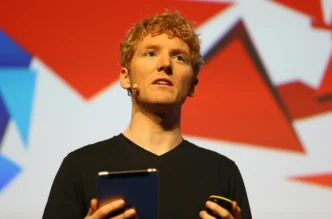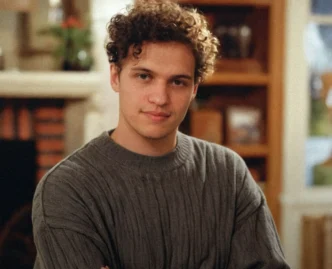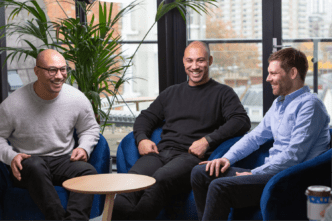Just a few years ago, Chef Robotics was staring down failure. Founder Rajat Bhageria admits he came close to shutting it all down. “There were a lot of dark moments when I seriously considered giving up,” he says.
But instead of folding, Bhageria made one of the toughest decisions a founder can face—he walked away from signed contracts and turned down millions in revenue. That bold move would end up saving his company.
Today, Chef Robotics is a rare success story in a space littered with casualties. Fresh off a $23 million Series A round, the startup now employs 40 people and counts major clients like Amy’s Kitchen and Chef Bombay. Its robots, working across dozens of sites in the U.S., have helped prepare over 45 million meals.
This kind of traction sets Chef apart from a long list of food robotics startups that didn’t survive—names like Zume, Chowbotics, Karakuri, and Small Robot Company. So how did Bhageria pivot from near collapse to leading one of the few thriving players in food automation?
It all started with a hard truth: the technology just wasn’t ready.
Bhageria, who studied robotics at UPenn’s prestigious GRASP Lab, was chasing a familiar dream—robots that could handle real-world tasks like cooking dinner or cleaning the house. But that dream collided with a well-known bottleneck in robotics: grasping.
Creating a robot that can delicately pick up a blueberry without squashing it, or handle sticky cheese without it clumping up, is incredibly hard. And no one has built the data sets needed to train robots for such nuanced tasks.
Chef Robotics initially tried to tackle fast casual restaurants, a huge market plagued by labor shortages. They signed multimillion-dollar deals. But there was a problem: the robots couldn’t deliver. The tech couldn’t reliably handle a wide mix of ingredients for made-to-order meals. And these restaurants weren’t interested in gradual solutions—they wanted a robot that could do it all from day one.
That’s when Bhageria made the painful decision to walk away.
After spending more than a year chasing fast casual chains, Bhageria realized he needed a different customer base entirely. “It honestly sucked,” he says, reflecting on how much time and energy had gone into convincing restaurants to work with them.
Then came another blow—fundraising. In the post-2021 funding drought, VCs were wary of food robotics. Bhageria faced constant rejection. Still, he kept going and finally secured an $11.2 million seed round in March 2023, led by Construct Capital and backed by Promus Ventures, Kleiner Perkins, and Gaingels.
The turnaround began when Chef Robotics found a niche that wasn’t being served: high mix food manufacturing.
These are companies that prepare pre-portioned meals—like airline trays, hospital meals, or frozen dishes sold in supermarkets. The format is perfect for robots: meals follow consistent recipes, and human workers already function like machines, standing in cold rooms adding one ingredient at a time.
The repetitive nature and labor challenges in this sector made it ripe for automation. And unlike fast casual chains, these manufacturers were open to co-developing technology that would evolve over time.
As Chef’s robots mastered new ingredients—chorizo, peas, sauces, and more—they began collecting the valuable training data needed to eventually serve more complex markets. Fast casual restaurants may still be part of the roadmap, but now there’s a solid foundation to build from.
The startup’s recent fundraising round came together much faster. With AI interest booming again, Bhageria says this round felt “weirdly easy.” Avataar Venture Partners, launched by ex-Norwest VC Mohan Kumar, was specifically looking for startups blending AI with the physical world. They approached Chef directly.
The $23 million Series A was led by Avataar, with follow-on participation from Construct Capital, Bloomberg Beta, and Promus Ventures. Chef Robotics also secured a $26.75 million loan from Silicon Valley Bank for equipment financing.
Altogether, the company has now raised $38.8 million. And this time, Bhageria says, the experience was exhilarating.
After nearly giving up, Chef Robotics has emerged as one of the most promising players in the food robotics space—proof that sometimes, success comes from knowing when to say no.













